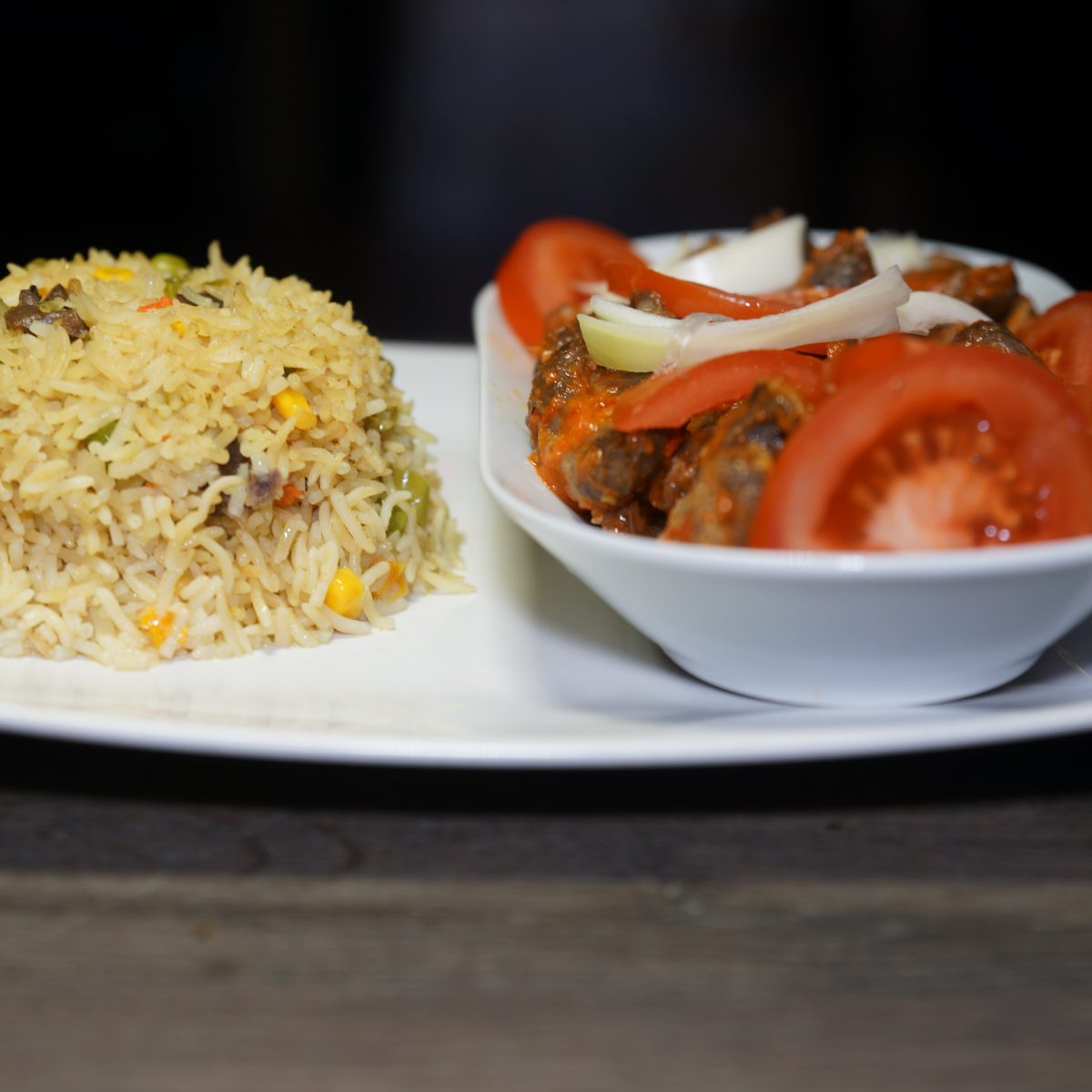African cuisine is a tapestry of flavors, spices, and textures that have been woven together over centuries. With its diverse cultural traditions and rich history, African food has become an integral part of the continent’s identity. From savory stews to succulent grilled meats and exotic fruits, African cuisine offers a unique culinary experience that is both tantalizing and satisfying. Join us as we explore the world of African food – from traditional dishes steeped in ancient customs to contemporary creations crafted by some of Africa’s most renowned chefs. Get ready to savor the richness and complexity of this vibrant cuisine!
The diversity of African cuisine
The diversity of African cuisine is a reflection of the continent’s vast cultural, geographical, and historical influences. With over 50 countries across Africa, each one has its own distinct culinary traditions that have been shaped by factors such as climate, religion, and social customs.
In North Africa, for example, spices like cumin and coriander are commonly used in dishes such as tagines and couscous. Meanwhile, West African cuisine is characterized by bold flavors like peanut sauce and jollof rice.
Central African cuisine often includes starchy foods like cassava or yams paired with flavorful sauces made from okra or palm oil. In East Africa, Swahili-inspired dishes feature coconut milk curries served with rice pilaf or chapati bread.
Southern Africa boasts unique meat-centric dishes like biltong (dried meat) and boerewors (sausage), as well as popular side dishes made from maize meal.
The sheer variety of ingredients and cooking methods found throughout Africa make it impossible to define any single “African” dish – but all come together to create a rich tapestry of flavor that is truly unique.
The history of African cuisine
African cuisine has a rich and storied history that is as diverse as the continent itself. It is difficult to pinpoint exactly when African cuisine began, but historians believe it dates back thousands of years.
The geography and climate of Africa influenced the development of its cuisines. For example, in North Africa, agriculture was developed along the Nile River Valley while in sub-Saharan Africa hunting and gathering were more prevalent due to lack of rainfall.
Over time, different cultures had their own unique food traditions which eventually merged together through trade routes creating a fusion of flavors that are still enjoyed today. This includes influences from Arabic, Indian, Portuguese and Dutch traders who brought new spices and ingredients such as chili peppers or tomatoes.
Traditional dishes like injera (a sourdough flatbread) from Ethiopia or jollof rice (a one-pot dish made with rice, spices and vegetables) from West Africa continue to be staples in many African households.
Today’s chefs take inspiration from these traditional dishes by adding their own modern twist using local ingredients resulting in contemporary African cuisine that delights palates around the world.
Traditional African dishes
Traditional African dishes have been enjoyed for centuries, and they remain popular today. What is fascinating about these dishes is that they are not only delicious but also tell stories of different regions and cultures in Africa.
One such dish is Jollof Rice, which originated from West Africa. This dish consists of rice cooked with vegetables and spices like tomatoes, onions, peppers, and bay leaves. It can be served plain or with sides such as fried plantains or grilled chicken.
Another traditional African dish worth trying is Bobotie from South Africa. This dish comprises minced meat mixed with curry powder and topped with an egg custard before cooking it in the oven. Bobotie has a unique flavor that combines sweet, savory, spicy notes all at once.
In North Africa, tagine is a much-loved traditional meal made by slow-cooking meats or vegetables with herbs and spices using a special clay pot called the Tagine pot. The result of this cooking process leaves tender meat that falls off the bone accompanied by rich flavors of cumin, cinnamon among others.
Lastly on our list comes Fufu -a staple food across many countries in Central & West Africa- which typically accompanies soups such as Egusi (melon seed soup), Okra soup etcetera; fufu provides a chewy texture to complement its soup counterparts’ smoothness.served alongside soups.
These traditional dishes reflect how diverse African cuisine truly is while serving up an experience through taste buds you won’t forget!
Contemporary African cuisine
Contemporary African cuisine is a beautiful blend of traditional African flavors and modern cooking techniques. It’s an exciting time for the culinary world, as more and more chefs are experimenting with innovative dishes while still staying true to their roots.
One example of contemporary African cuisine is the dish “jollof rice,” which originated in West Africa but has been adapted to suit different countries’ tastes. Another example is “braai” or grilled meat, a popular South African dish that has now become famous throughout the world.
Modern chefs are also incorporating local ingredients into their dishes, such as baobab fruit, sorghum flour, and millet grains. These ingredients add unique textures and flavors that make contemporary African cuisine stand out from other international cuisines.
In addition to using local ingredients, contemporary African cuisine also celebrates sustainability by promoting farm-to-table concepts. Chefs source their produce from nearby farms where they know exactly how they’re grown and harvested.
Contemporary African cuisine shows how food can bring people together across cultures while maintaining its authenticity at the same time. It’s an exciting trend that we should all keep our eyes on!
African chefs to watch
As African cuisine continues to gain global recognition, it is essential to acknowledge the talented chefs who are leading this culinary revolution. These chefs are not only introducing their unique flavors and techniques but also preserving traditional African dishes.
One of such chefs is Yemisi Awosan, who founded Egunsi Foods in New York City with a mission to introduce people to the diverse dishes of West Africa. Another chef making waves in the industry is Siba Mtongana from South Africa, whose cooking show “Siba’s Table” airs on Food Network.
Other notable names include Chef Pierre Thiam from Senegal, who authored several cookbooks and opened a restaurant in New York City called Teranga; Chef Dieuveil Malonga from Congo-Brazzaville, whose restaurant Keur-Samba offers flavorful Central African cuisine in Paris; and Chef Zoe Adjonyoh from Ghana, founder of Zoe’s Ghana Kitchen based in London.
These chefs are inspiring a new generation of cooks with their passion for showcasing African cuisine’s rich diversity while simultaneously challenging stereotypes about what constitutes ‘African food.’ With these pioneers at the forefront of change and innovation within the industry, there has never been a better time to explore the vibrant world of African cuisine.





